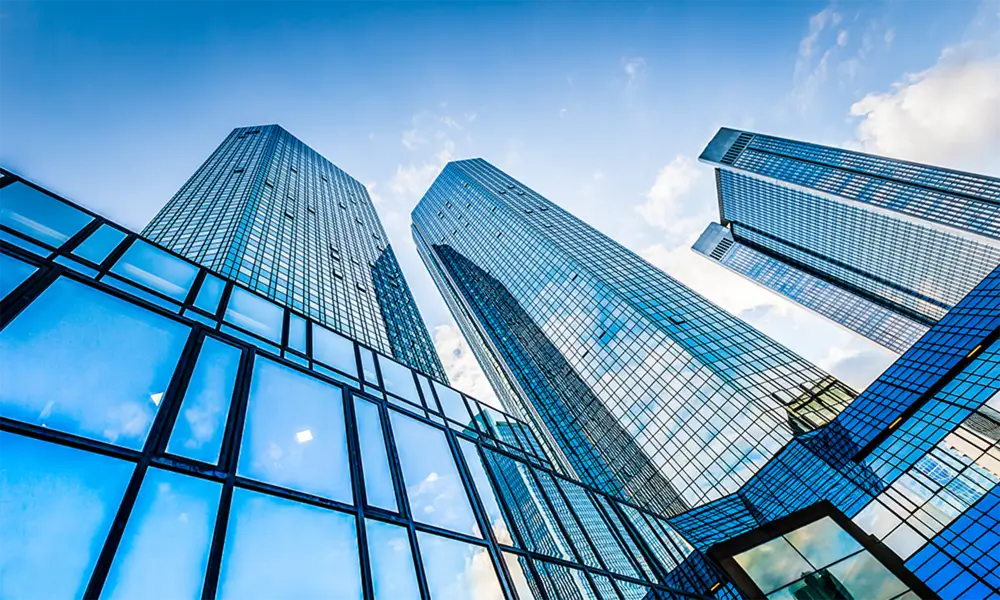

Reflective Privacy Glass Innovations in Architectural Design
In an age where privacy and security are paramount in architectural design, reflective privacy glass has emerged as a game-changer. This innovative material combines aesthetic appeal with functional benefits, redefining how we think about our surroundings, both in residential and commercial spaces.
Reflective privacy glass, often referred to as one-way glass or mirrored glass, is designed to provide visibility from one side while maintaining privacy from the other. This dual capability stems from its special coating, which reflects light while allowing natural light to penetrate. The result is a striking visual effect that can enhance the exterior and interior of buildings while promoting energy efficiency.
One of the most significant advantages of reflective privacy glass is its ability to reduce glare and heat gain. Traditional windows often allow excessive sunlight to enter, leading to uncomfortable indoor temperatures and increased energy costs for cooling systems. In contrast, reflective privacy glass minimizes glare, providing a more comfortable environment for occupants. By reflecting a significant portion of solar radiation, this glass can help regulate indoor temperatures, ultimately reducing reliance on air conditioning systems and contributing to energy savings.
Moreover, the aesthetic benefits of reflective privacy glass cannot be overlooked. Architects and designers appreciate its versatility in modern building designs. The sleek, shiny appearance of the glass can transform facades, creating a stunning visual impact that captures the attention of passersby. When used in high-rise buildings, the reflective properties create a dynamic interplay with the surrounding environment, often mirroring the sky and landscape, which can help integrate structures into their natural surroundings.

Privacy is another paramount concern in urban settings, where buildings are often located close to one another. Reflective privacy glass allows occupants to enjoy their views without the discomfort of prying eyes. For offices, conference rooms can be fitted with this type of glass to ensure confidentiality during meetings. In residential spaces, it enables homeowners to maintain their privacy while still enjoying natural light and outdoor views.
Furthermore, reflective privacy glass contributes to safety and security. It can deter external intruders by limiting visibility into buildings. Since the interior is less visible from the outside, potential burglars find it harder to gauge occupancy and plan break-ins, making reflective glass a valuable asset for both homes and commercial properties.
When it comes to installation, reflective privacy glass is highly adaptable. It can be used in a variety of applications, including windows, doors, and partition walls. This versatility makes it an ideal choice for various building types, from corporate offices and hospitals to shopping malls and residences. Additionally, modern advancements in glass technology mean that manufacturers can offer a range of colors, shades, and finishes, providing architects the creative freedom to realize their vision.
However, while reflective privacy glass offers numerous advantages, considerations must be taken into account. The effectiveness of the privacy aspect depends on factors such as lighting conditions. During the daytime, privacy is generally maintained, but at night, when the interior may be brightly lit, the glass may become transparent from the outside. Therefore, designers should implement additional privacy measures for nighttime settings, such as window treatments or strategically placed lighting.
In conclusion, reflective privacy glass stands at the forefront of modern architectural innovation, merging style, convenience, and energy efficiency. Its ability to provide privacy, enhance aesthetics, and promote energy savings makes it a preferred choice for both residential and commercial projects. As urban environments continue to evolve, the demand for innovative materials like reflective privacy glass will likely grow, shaping the future of architectural design. By embracing these advancements, we can create spaces that are not only beautiful but also functional and secure, ensuring a harmonious balance between our living and working environments.